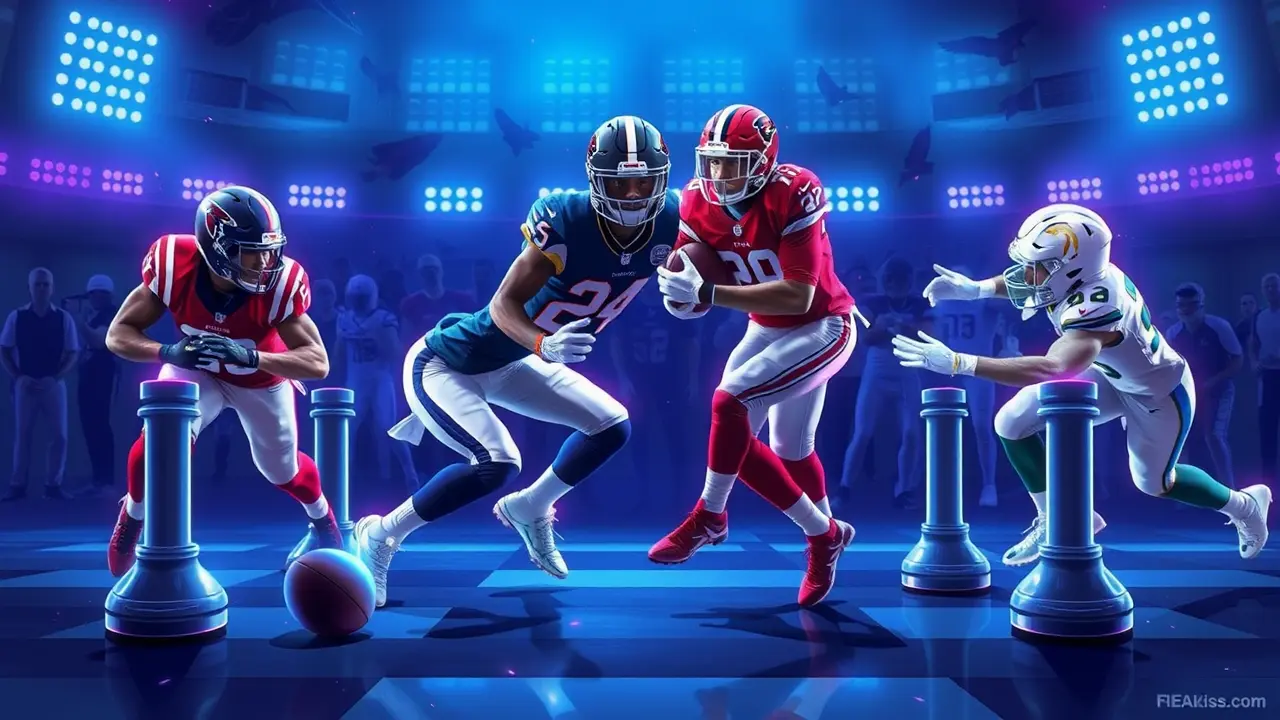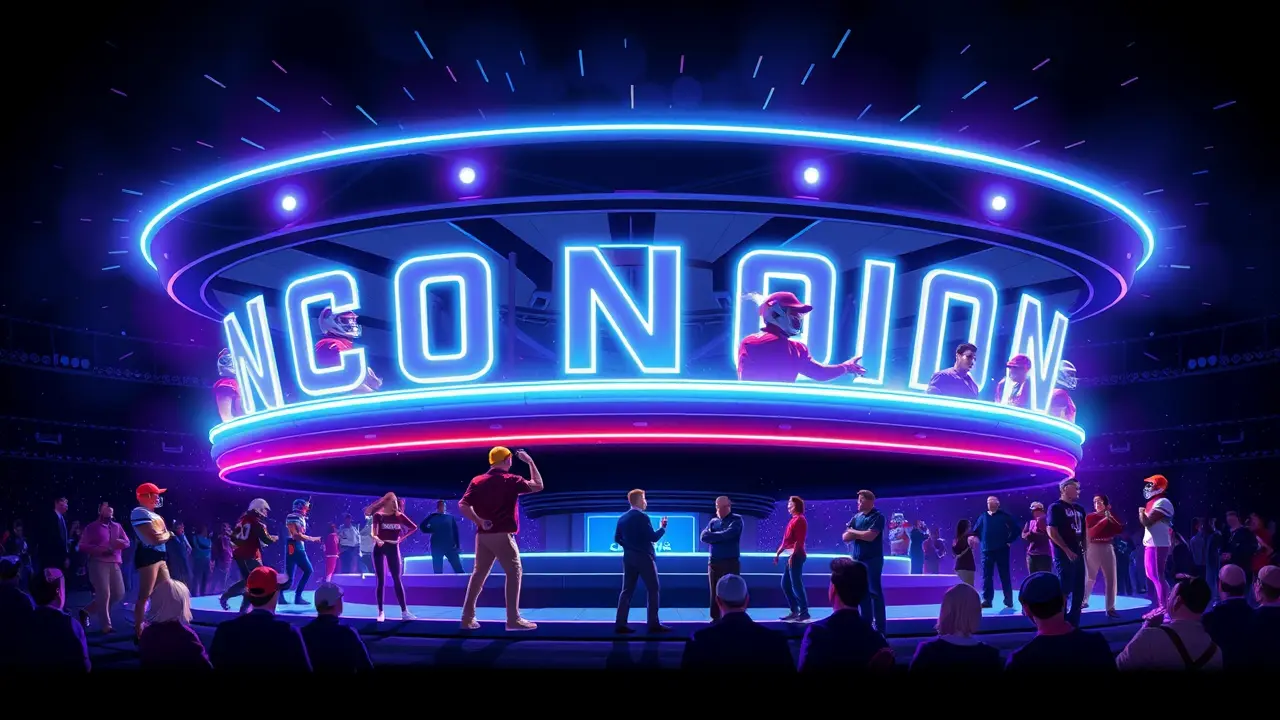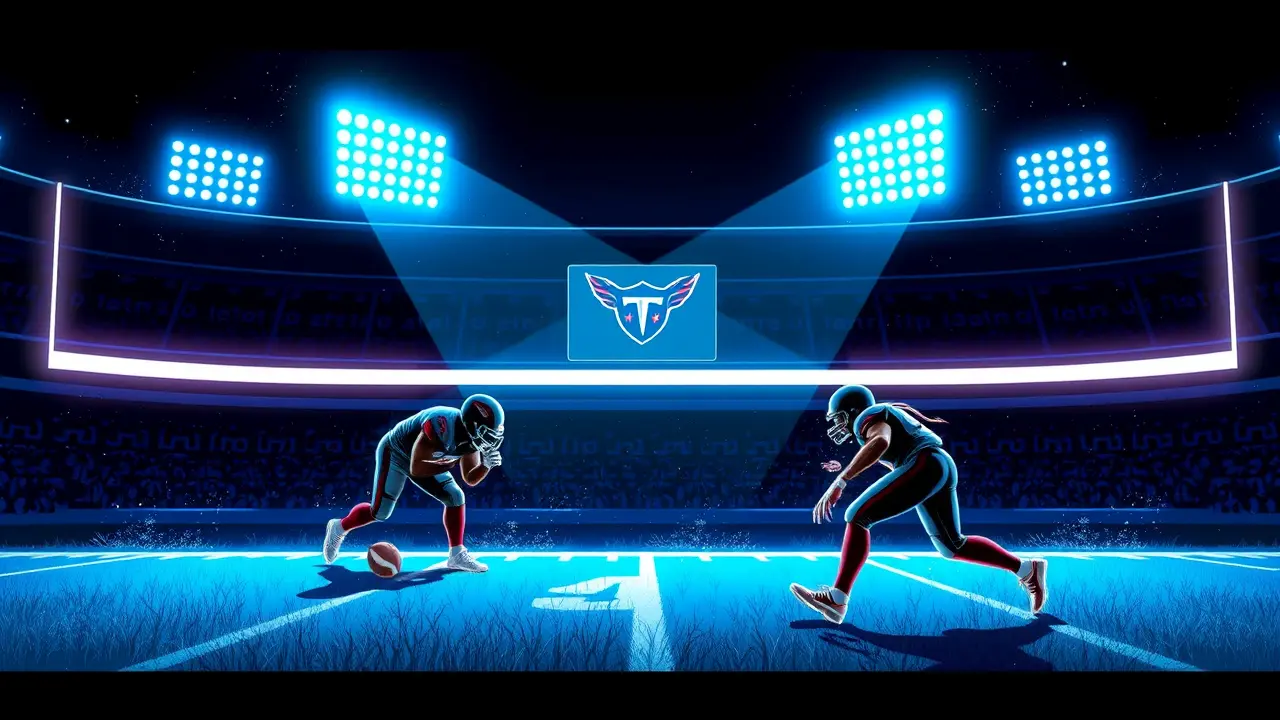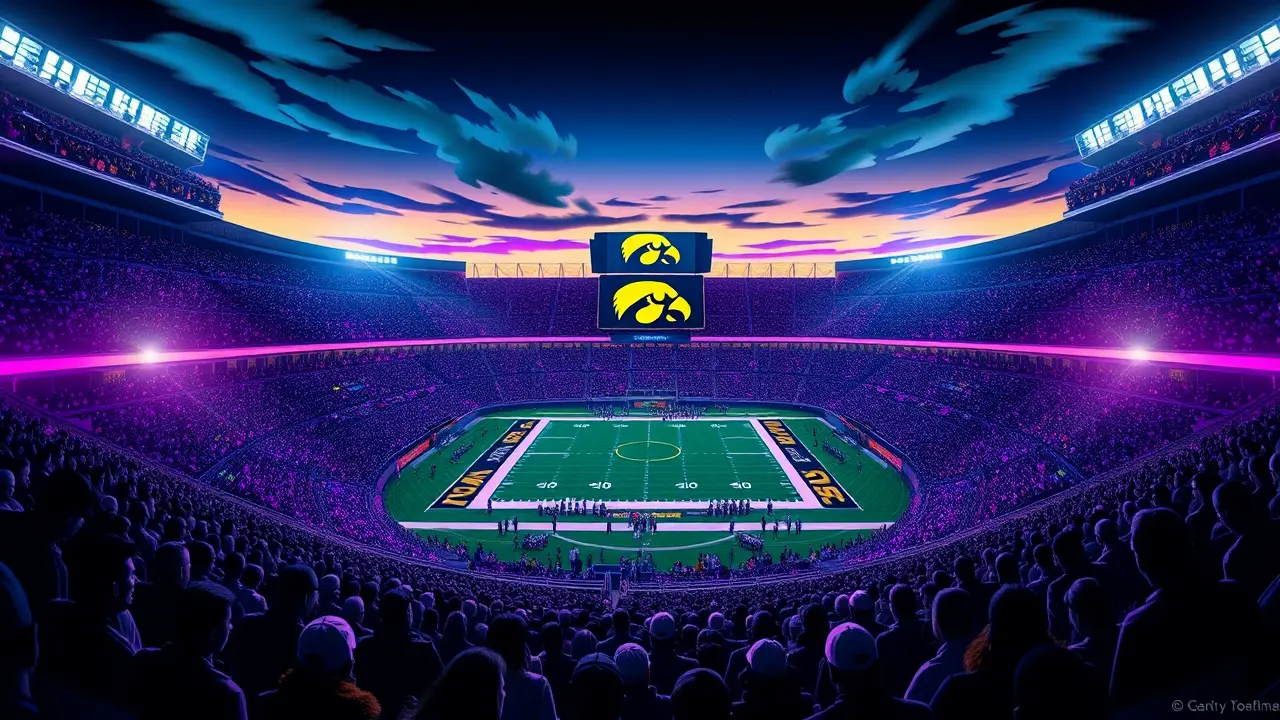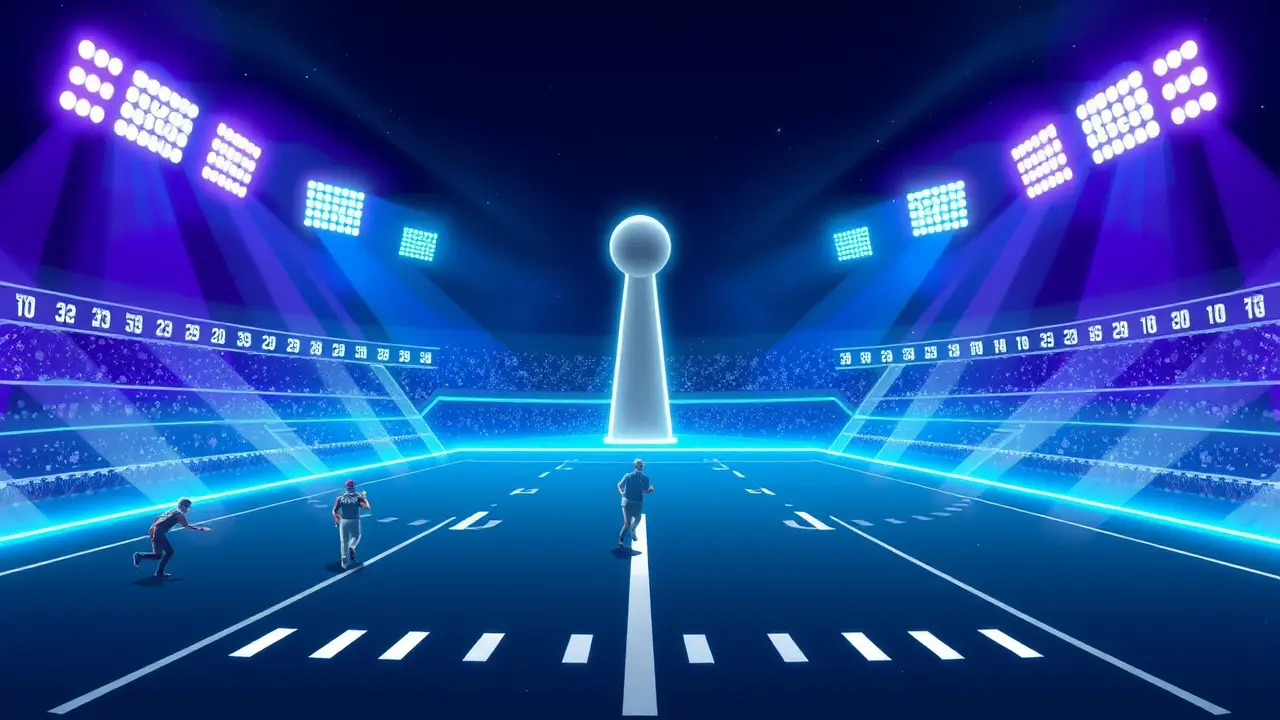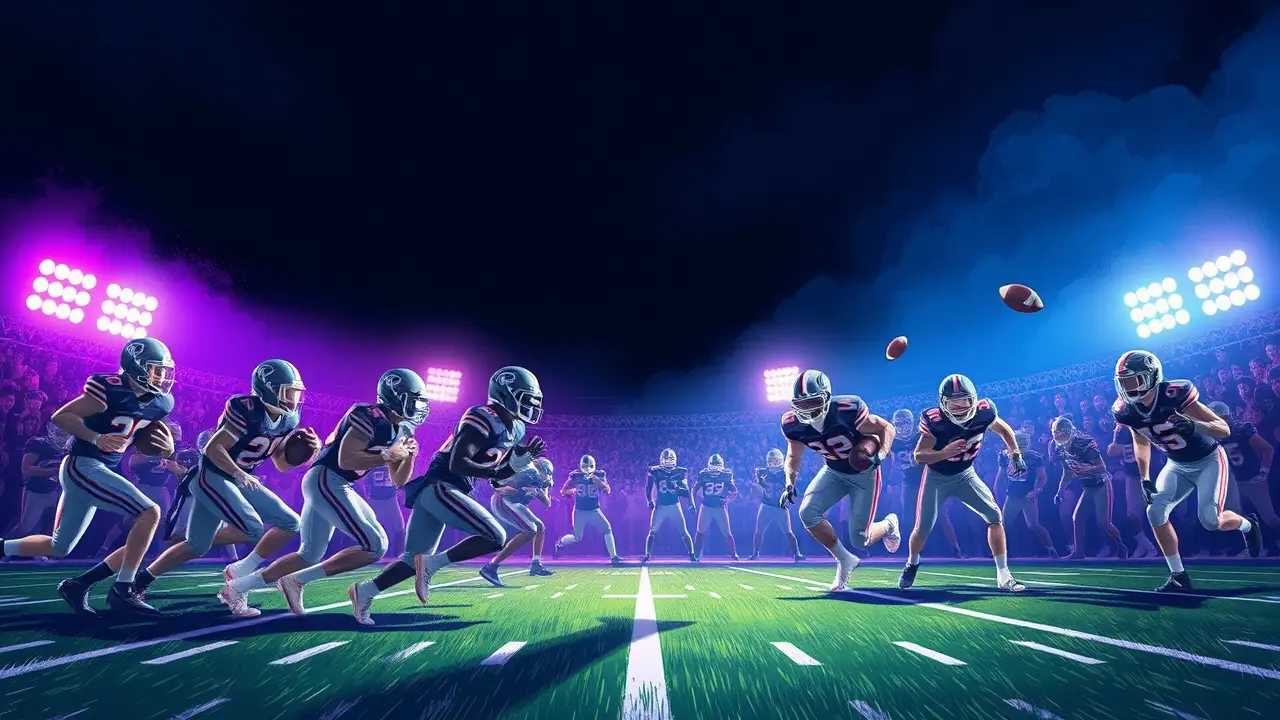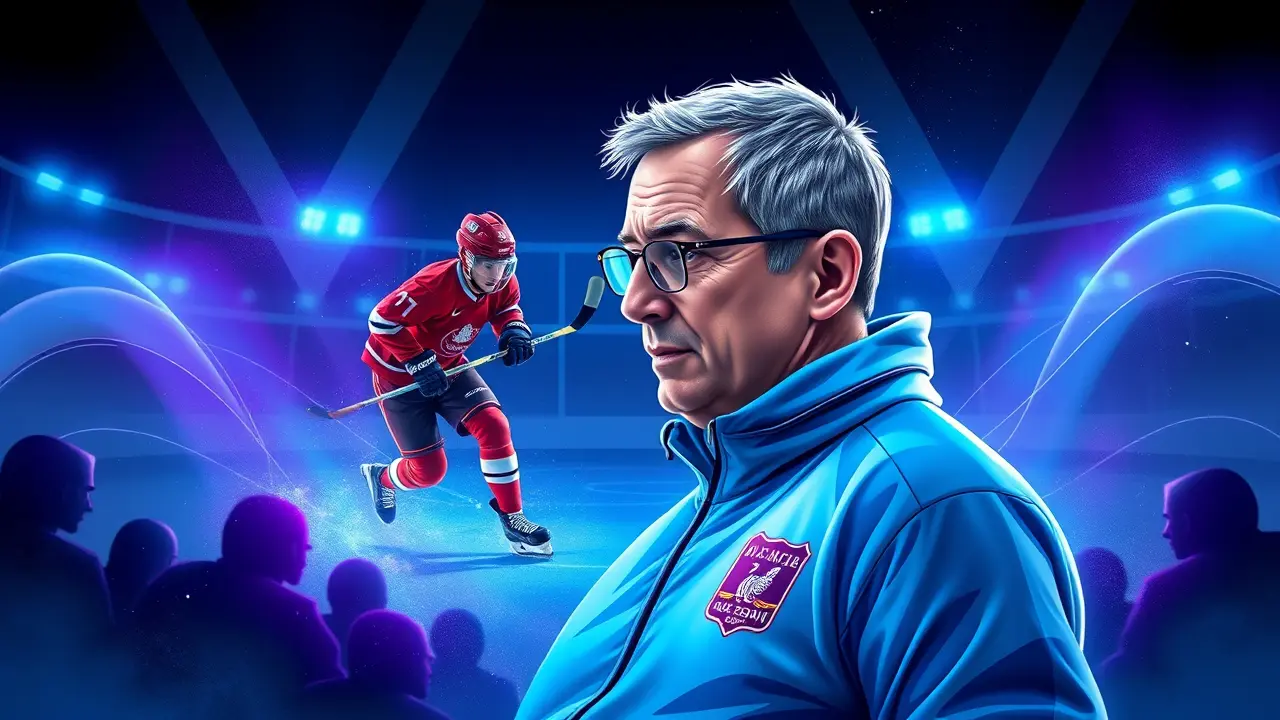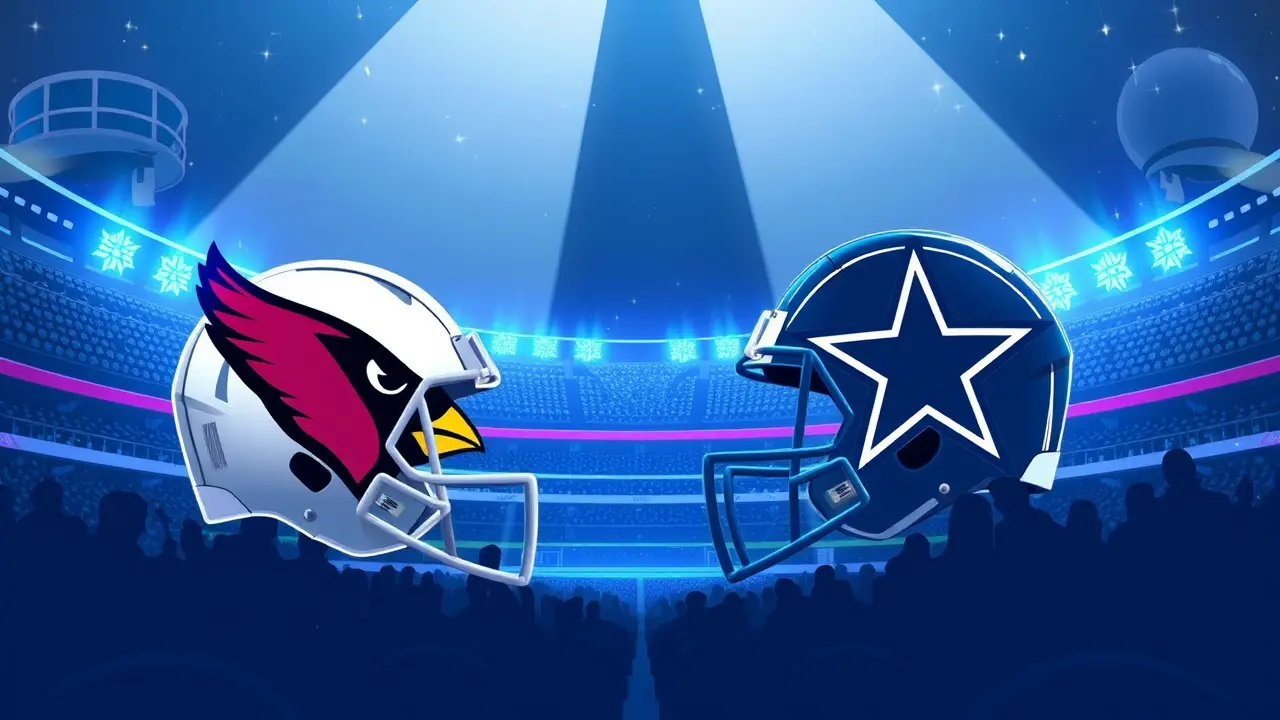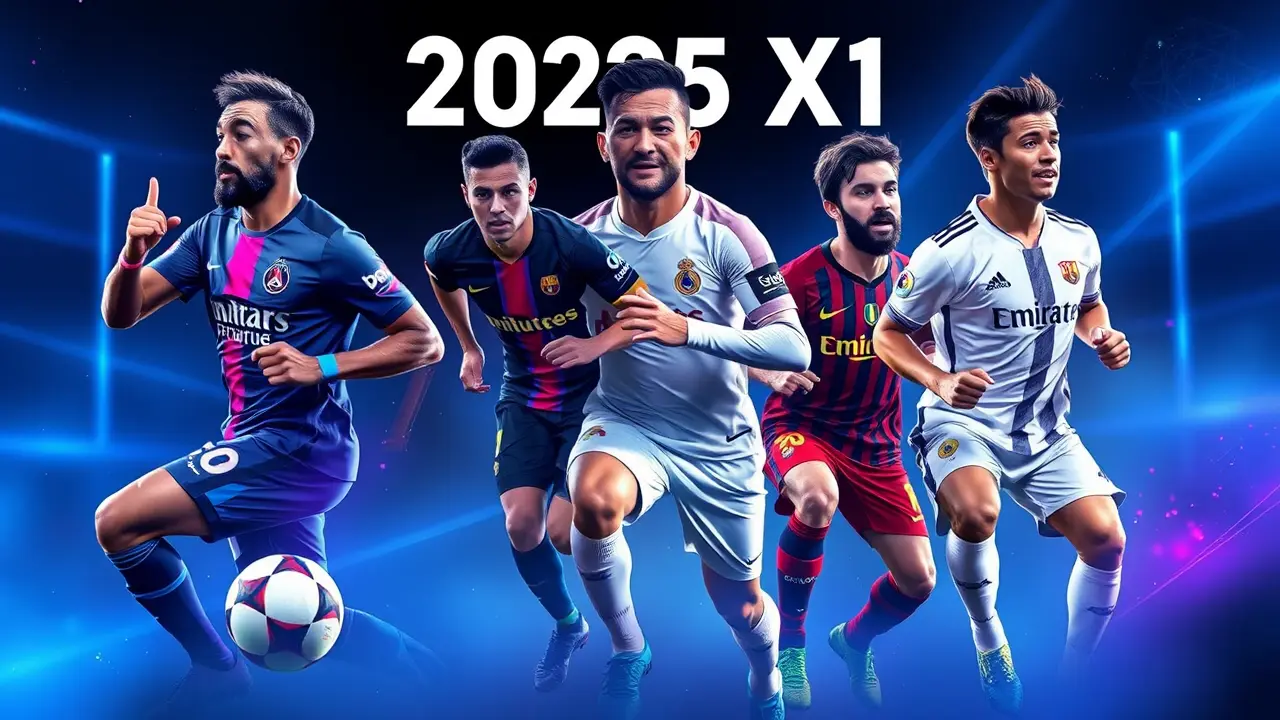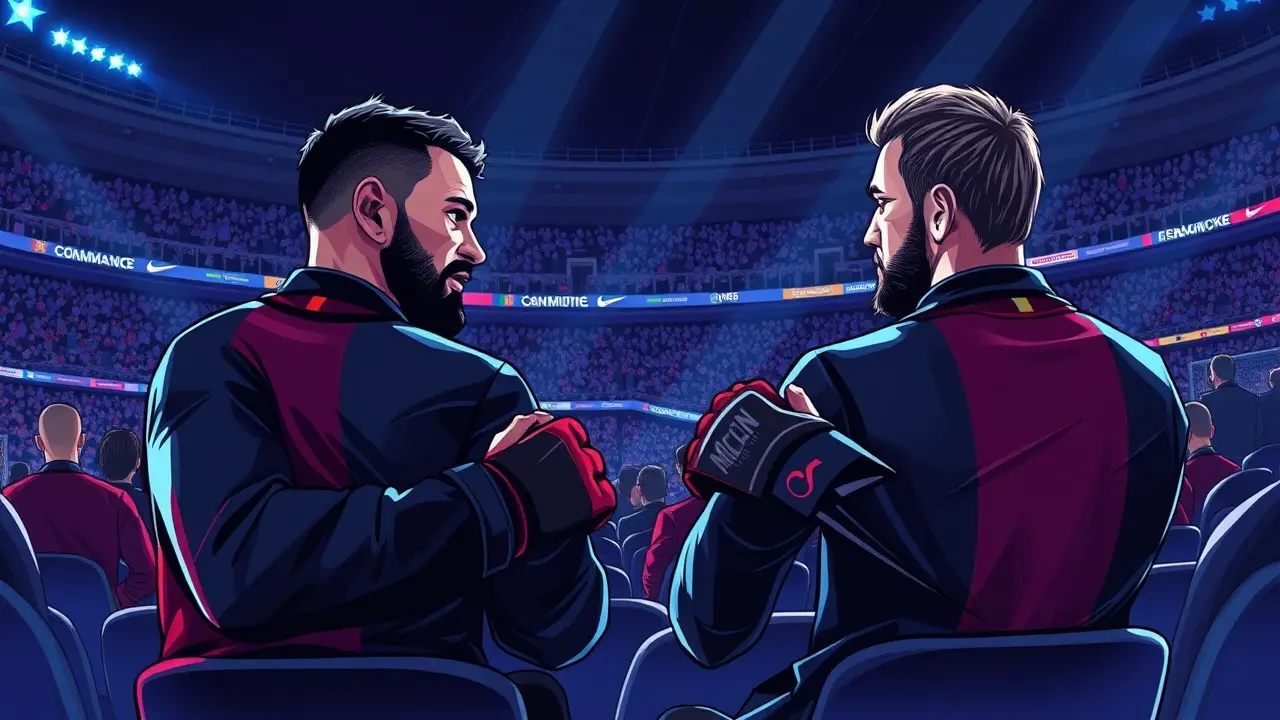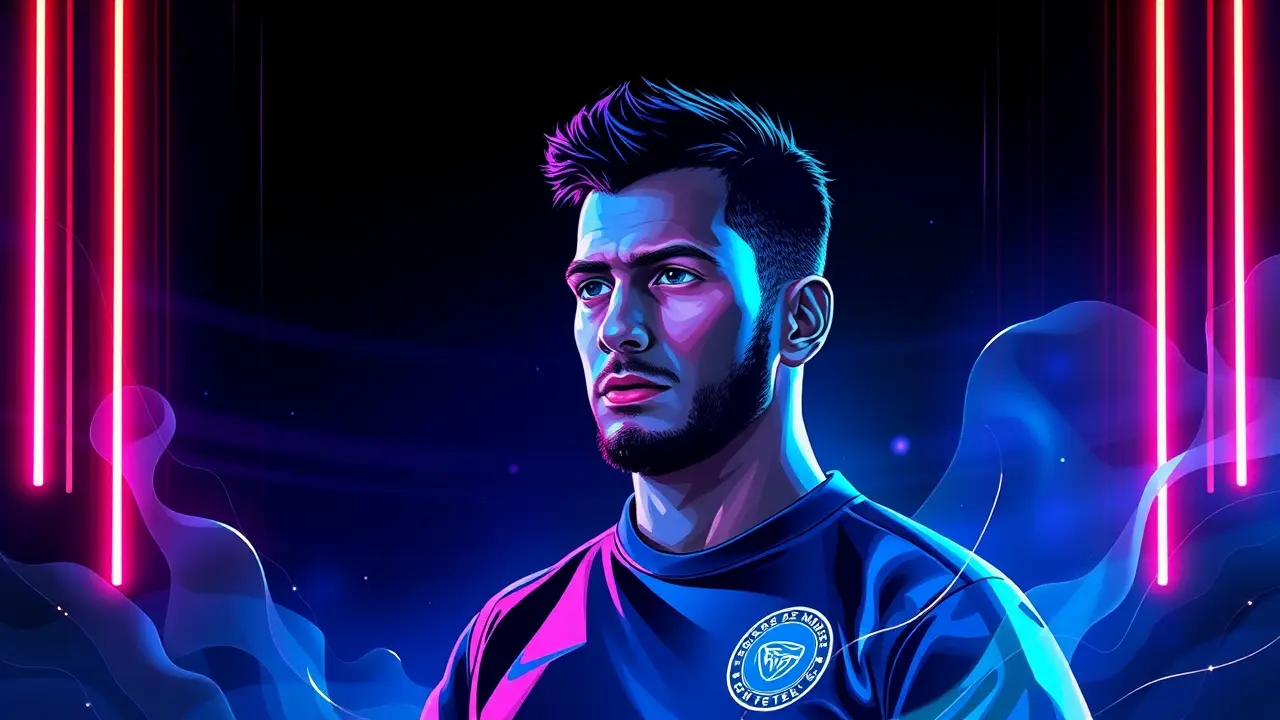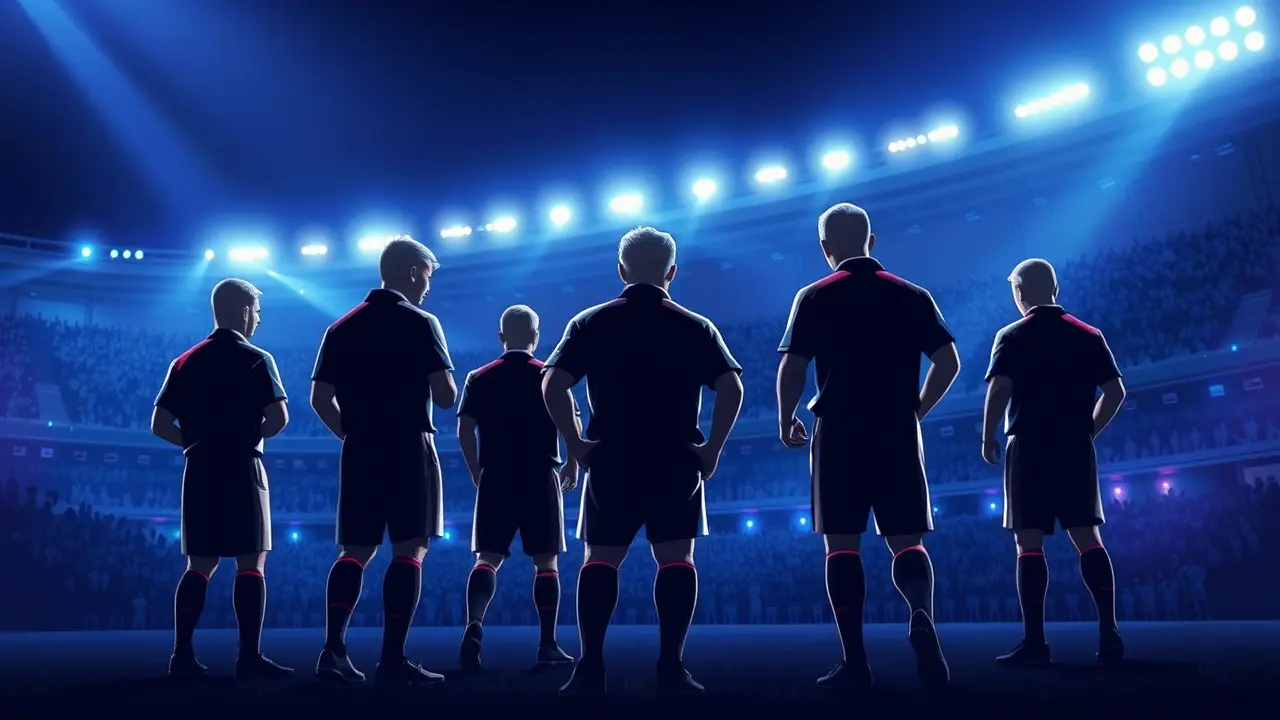
SportfootballPremier League
Dynamo Moscow Aims to Compete for Championship by 2027.
JA
Jack Turner
9 hours ago7 min read
The echoes of history weigh heavily on Dynamo Moscow, a club whose very name once struck fear into opponents across Soviet football, but whose championship drought now stands as a monumental fifty-year anomaly in Russian football. Anatoly Gulevsky, the chairman of the Dynamo society and a member of the football club's board of directors, has boldly declared that this embarrassing streak will be broken, setting a definitive target of 2027 for the White-Blues to once again compete for the Russian Premier League title.This isn't merely a hopeful soundbite; it's a statement of intent that resonates with the anguish of a fanbase that watched their team come agonizingly close to glory just two seasons ago, only to falter at the final hurdle—a moment of near-triumph that, in its own painful way, has galvanized the entire organization, from the administrative suites to the die-hard supporters in the stands who have kept the faith through decades of mediocrity. Gulevsky’s unwavering belief in the current managerial setup is the cornerstone of this ambitious plan, suggesting that the foundational work being laid now, the tactical philosophies being ingrained, and the player development pathways being solidified are all converging towards a singular, non-negotiable objective.To understand the gravity of this promise, one must look back at Dynamo's storied past, a legacy built on the disciplined, almost mechanical, prowess of legends like Lev Yashin, the 'Black Spider,' whose goalkeeping heroics defined an era; their fall from grace since their last title in 1976 is a case study in institutional mismanagement and the fierce, financially-driven competition from rivals like Zenit St. Petersburg and CSKA Moscow.The modern RPL is a different beast entirely, a landscape transformed by oligarch wealth and global scouting networks, making Dynamo's proposed ascent in a three-year timeframe a Herculean task that will require more than just belief—it will demand shrewd transfer market acquisitions, a youth academy producing first-team-ready talent, and a slice of the luck that so cruelly eluded them in their recent near-miss. The pressure on the manager, therefore, is immense; he is not just a tactician but the architect of a cultural renaissance, tasked with blending the club's proud historical identity with a modern, dynamic style of play that can outmaneuver the tactical pragmatism of the league's established powers.Financial Fair Play regulations and the geopolitical complexities affecting Russian football add further layers of difficulty, potentially limiting spending power and international player recruitment, making internal development and tactical innovation paramount. One can draw parallels to historic footballing resurgences, like Manchester United's rebuilding under Sir Alex Ferguson after years in the shadow of Liverpool, a process that required patience, a clear vision, and an unshakeable core belief—elements Gulevsky is publicly endorsing.The consequences of failure are stark; missing this self-imposed deadline could lead to another cycle of managerial changes, fan disillusionment, and a further entrenchment in the league's upper-midtable obscurity. However, success would be transformative, re-establishing Dynamo not just as a title winner, but as a symbol of resilience, a phoenix rising from the ashes of its own glorious past to reclaim its rightful place at the pinnacle of Russian football. The countdown to 2027 has officially begun, and every pass, every tackle, every decision from this moment forward will be scrutinized under the intense glare of this audacious promise.
#Dynamo Moscow
#Russian Premier League
#championship ambitions
#coach
#2027
#featured
Stay Informed. Act Smarter.
Get weekly highlights, major headlines, and expert insights — then put your knowledge to work in our live prediction markets.
Related News
© 2025 Outpoll Service LTD. All rights reserved.
